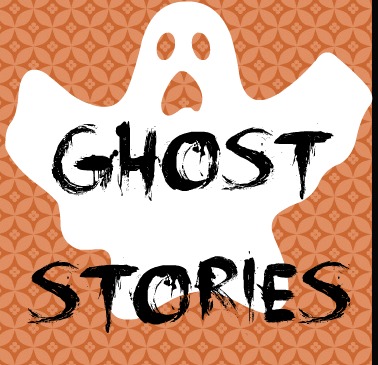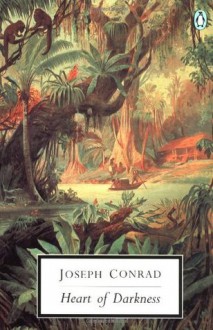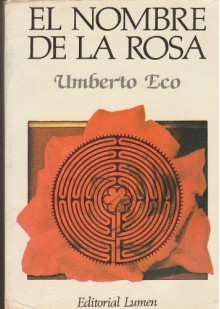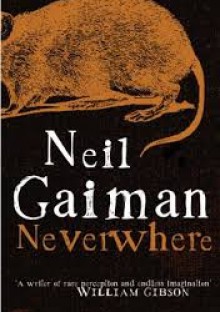
Done! *cheers* (and an abrupt end it was)
I confess I started to loose my enthusiasm by Purgatory, and Paradiso veritably dragged for me.
Inferno is indeed the most interesting, likely because it concentrates more on describing the poetic (and in many cases gruesome) justice inflicted there.
Purgatory gets a bit wishy washy because we are even more deluged with contemporary examples, which was exhausting from a "pausing to research WTF" whenever I needed context to understand the grade, and felt like self indulgent page bloating when I didn't. And then we get to Eden, pretty cavalcade of symbolism lead by the still much discussed mystery that is Matilda, and meet Beatriz. Ahhhh, the lady herself, that symbolizes theology. Maybe it is no wonder I found her supercilious and overly jealous.
I have to praise Dante's balls: first he aligns himself equal among Homer, Ovid and Virgil in that Limbo chat, and here he places his lady love highly enthroned in the Empireum, representing the Dogma by which he knows God.
If I could leave Paradiso just taking away that love has been his salvation and his way to heaven, we'd be good. But no, he had to insist on hammering until rigid conformity to scripture was reached. Thorough what felt like endless proselytizing (hey, I know it is my fault, because what was I expecting, right?) and pointing fingers of doom everywhere (the amount of eggs thrown the church's way! And his political enemies... you bet this got him the exile prophesied to him here).
Also, even considering some pretty descriptions, the spheres felt lame and boring reward (and here I'm reminded of Huxley calling happiness undramatic and boring, and Le Guin criticizing those that think "Only pain is intellectual, only evil interesting"). Where is the imaginative poetic justice of the first third? Methinks Dante got too tangled in the discussion of virtues and splitting hairs on their display levels. So yeah, I get the whole "watching god and feeling his light is rapture beyond comprehension", I'm still contending that the theological got in the way of the literary, and there goes one star. Sue me.


 Log in with Facebook
Log in with Facebook 











